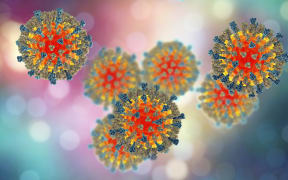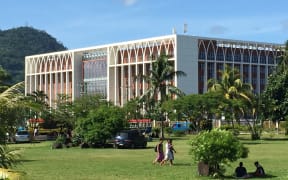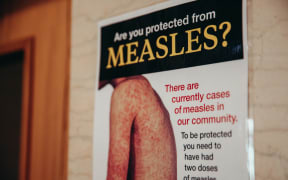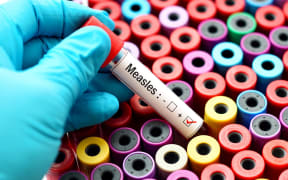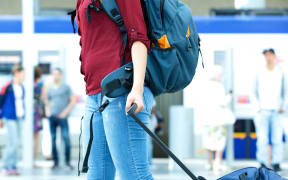New research reveals how dangerous the measles epidemic in Samoa could be, a medical expert warns.
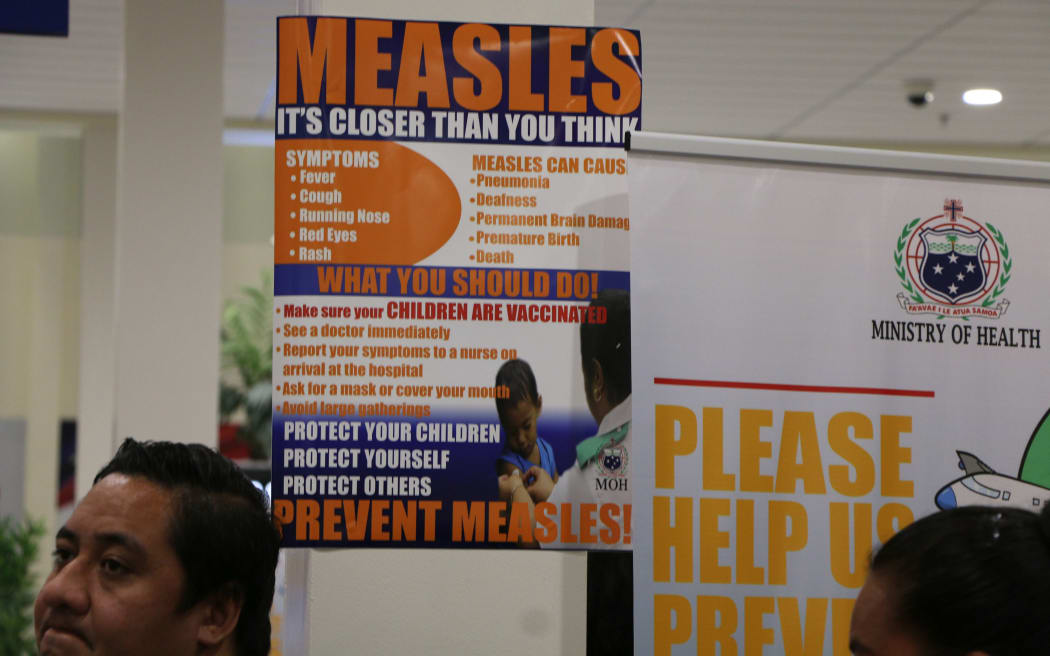
A poster warning travellers of measles at Faleolo International Airport in Samoa. Photo: RNZ Pacific / Jenny Meyer
Two young children and a 37-year-old man recently died in Samoa, after clinical signs indicated they had measles.
Samoa's government declared a measles epidemic in mid-October.
Now, new global research shows the virus is even more dangerous than first realised because it destroys immunity to other diseases.
The findings from studies by Britain's Wellcome Sanger Institute, Cambridge University and the Howard Hughes Medical Institute in the US, help to explain why children often catch other infectious diseases after having measles.
Measles reset the human immune system back to an immature state, said the director of Auckland's Immunisation Advisory Centre, Nikki Turner.
"The ongoing damage it does to our immune system so not only are we likely infection of measles but then we can have consequent infections such as pneumonia, gastro-enteritis, diarrhoea illnesses, all of these put children at higher risk of being very ill and, as unfortunately and tragically we've seen in Samoa, of dying," she said.
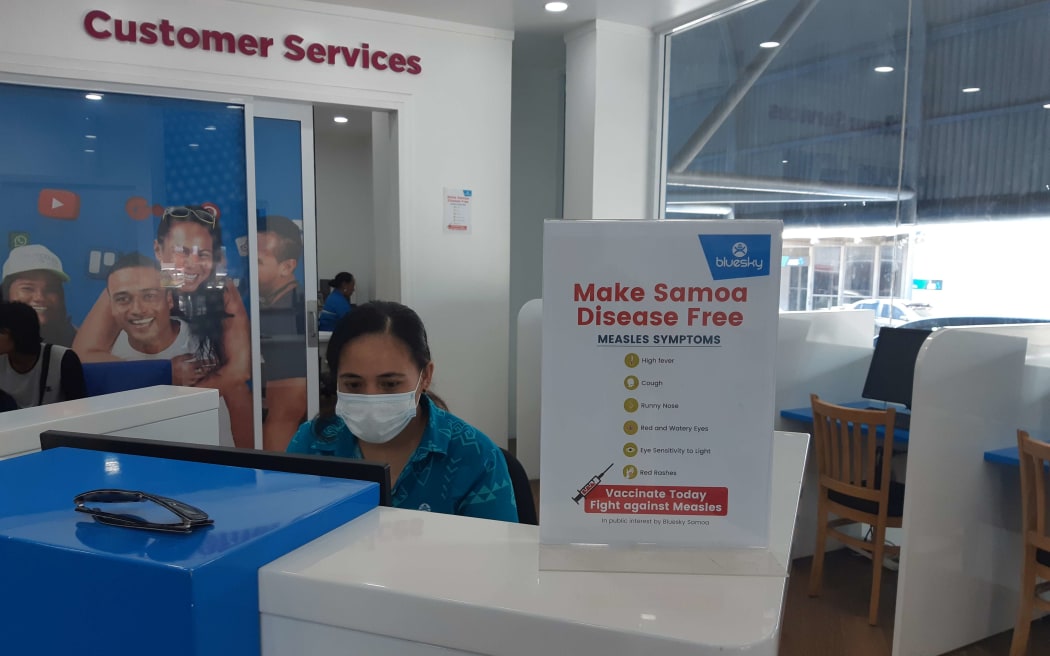
Surgical face masks are now becoming a common sight in the shops and streets of Apia as the community responds to the measles epidemic. Photo: RNZ Pacific / Jenny Meyer
She said the suspected measles cases in Samoa could be the tip of the iceberg.
"I suspect in Samoa that there's actually a very large amount of measles, possibly more than is being counted currently by authorities, because they are having a very high rate of hospitalisation and death."
In Samoa, vaccines are being delivered daily to some clinics on Savaii because there is no cold storage facility available.
About 400 people a day are getting MMR shots in response to a surge in the virus but securing supplies and ensuring the necessary cold chain conditions is a challenge.
Immunisation clinics are running 12 hour days with some having to go beyond the 8pm close just to meet demand and use the vaccine while it is still active in a nation where 30°C is the daily average temperature.
A shortage of cold storage space for vaccines on Savaii means daily inter-island deliveries of boxes of vaccine from Apia during the current measles outbreak.
The Ministry of Health is looking to set up a measles clinic in downtown Apia which would mean easier access for more people with current immunisation hub run from the hilly hospital site.
Effective vaccine storage and transport keeping the measles vaccine within a specific cool temperature band so that it retains its power to immunise is a key goal according to WHO and UNICEF.
Some district hospitals have told local media they are worried there may not be enough vaccines available to fully protect their communities.
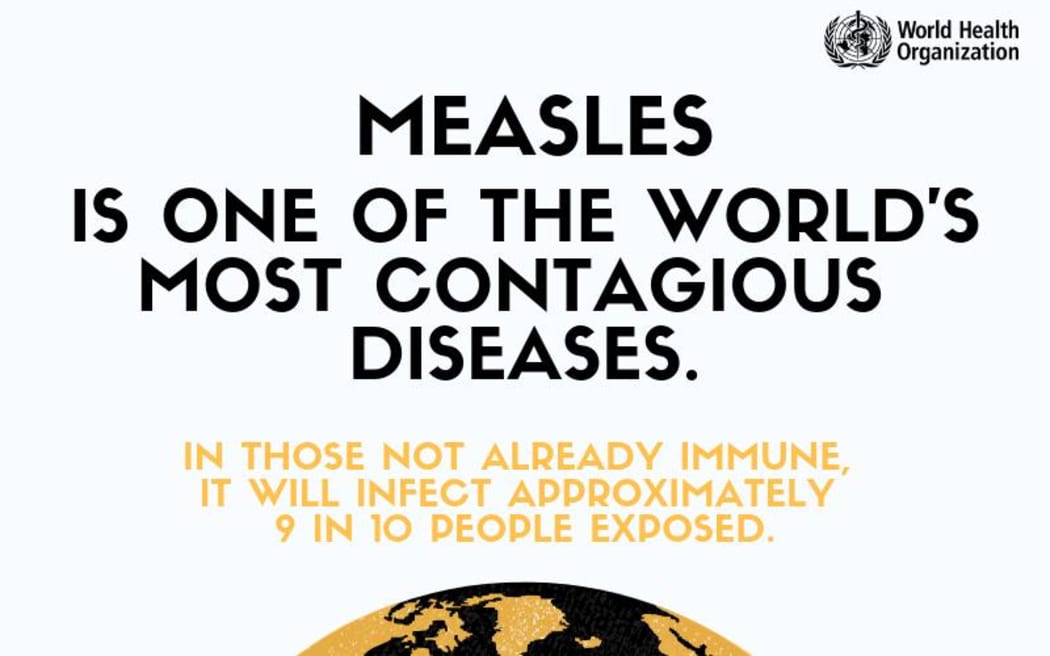
Photo: WHO
